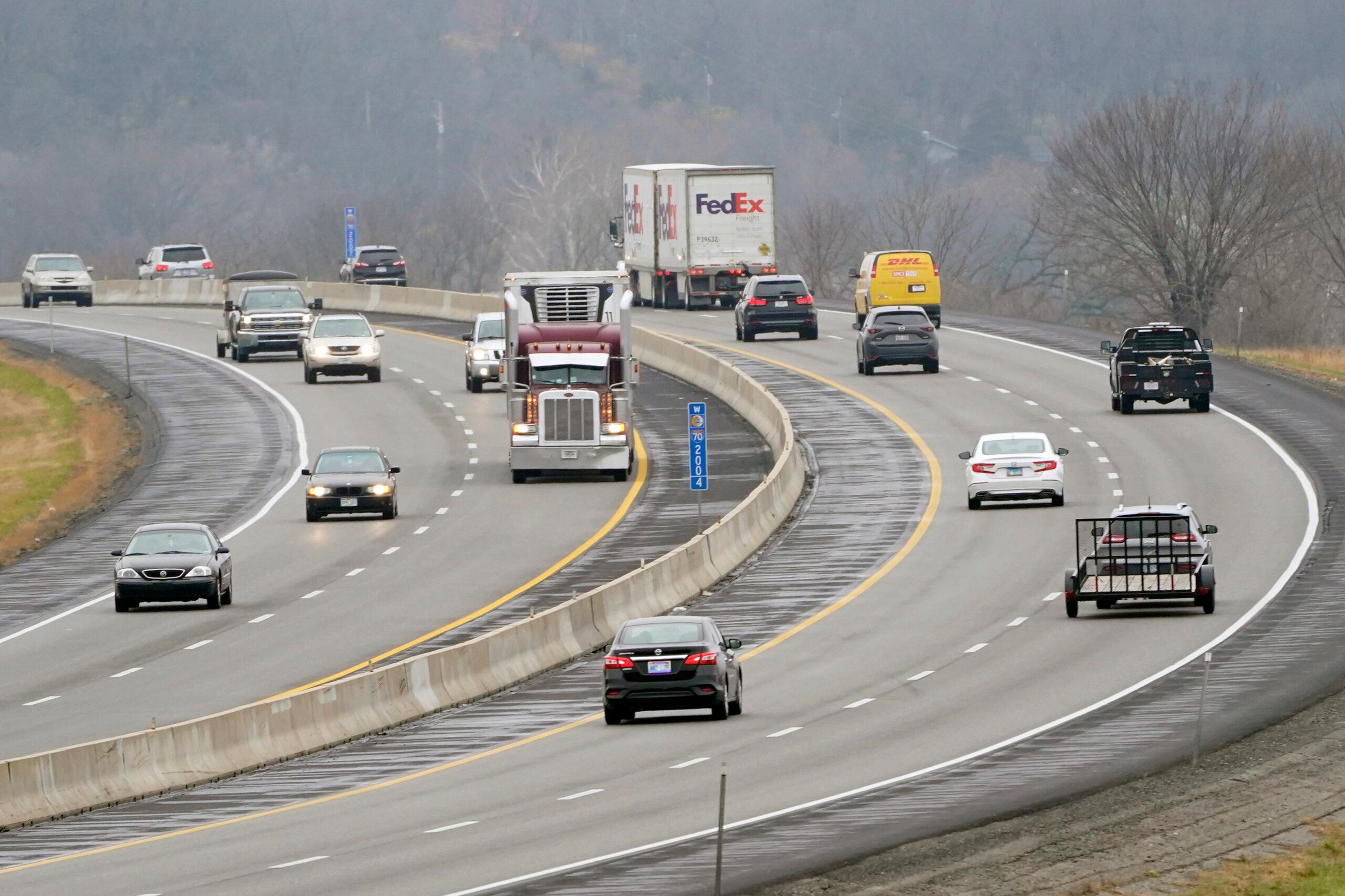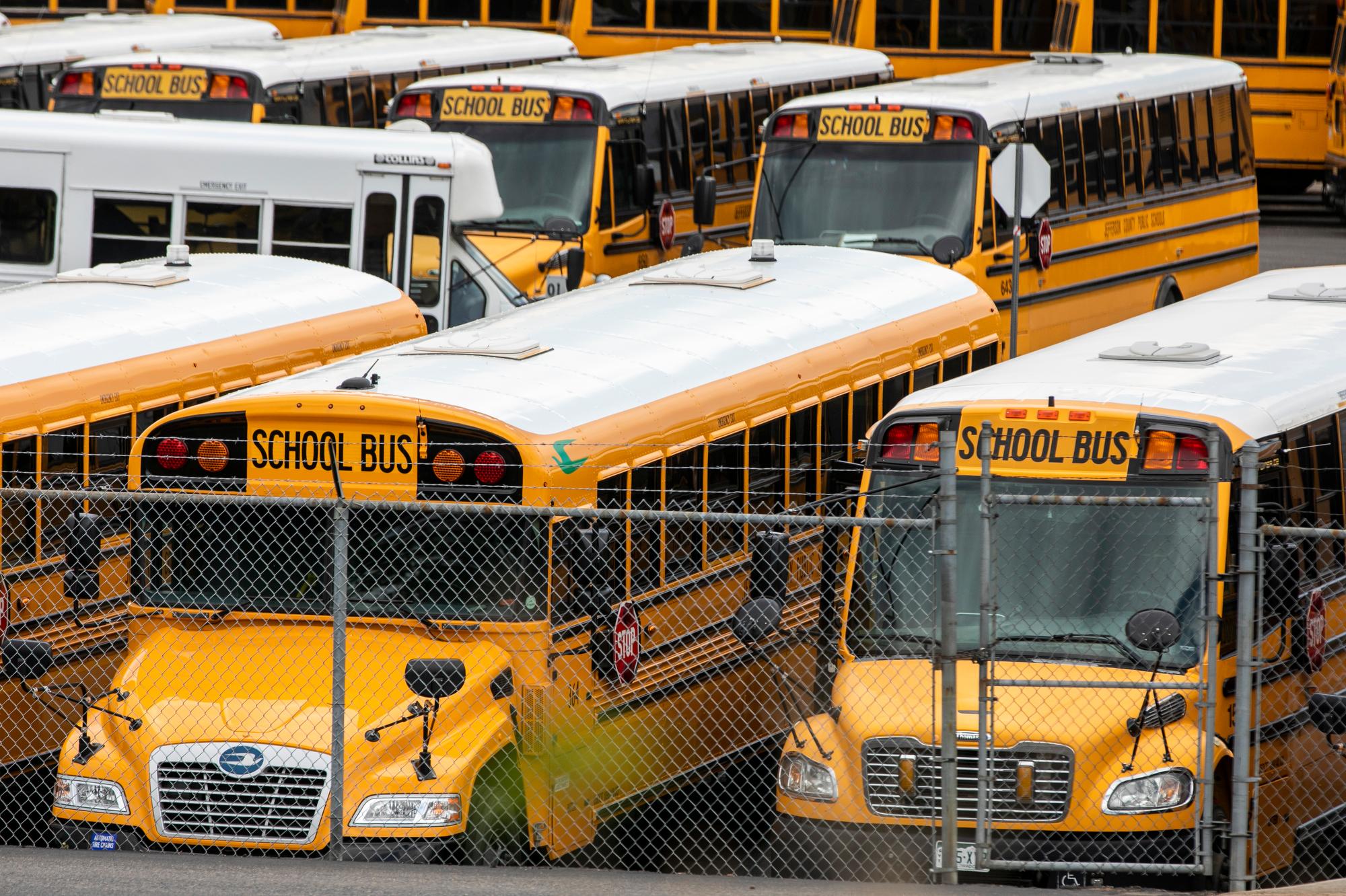
Updated 9:27 a.m. on Monday, July 24
A federal judge has ruled against the Kansas Highway Patrol, ordering it to stop detaining motorists without reasonable suspicion, a practice which had come to be known as the "Kansas Two-Step."
“This is a huge win — for our clients and for anyone else who travels on Kansas highways. We are gratified that the Court saw the ongoing harms of KHP’s unconstitutional practices and stepped in to stop the department’s widespread misconduct,” said Sharon Brett, Legal Director of the ACLU of Kansas. “Today’s decision validates that motorists’ constitutional rights cannot be cast aside under the guise of a 'war on drugs'. It also demonstrates that courts will not tolerate the cowboy mentality of policing that subjects our citizens to conditions of humiliation, degradation, and, in some tragic cases, violence.”
In the decision, the Court ruled KHP’s policies and practices violated the Fourth Amendment. The court noted that, as other states have legalized marijuana, the KHP has “waged war on motorists.”
“As wars go, this one is relatively easy; it’s simple and cheap, and for motorists, it’s not a fair fight," the court said. "The war is basically a question of numbers: stop enough cars and you’re bound to discover drugs.”
Kansas is one of three states in the country that has no form of legalized marijuana.
In the two-step, after making the initial traffic stop, the trooper begins to leave the vehicle, then returns to the driver to reengage them and ask further questions. Brett says the tactic often allowed the KHP to determine that there was probable cause to detain the driver or order a canine sniff of the vehicle.
Over the last three years, the ACLU of Kansas represented a number of plaintiffs in the case, including Shawna Maloney, who formerly lived in Loveland. She and her family were driving their RV on a road trip to visit some family in Alabama when they were stopped by the highway patrol on I-70 about halfway through Kansas.
Maloney and her family were stopped because, according to the state trooper, they'd crossed the shoulder of the road. They were detained for almost an hour.
Asked what impact the ruling might have for motorists driving through other states, Brett said "We're hoping that other law enforcement agencies read this opinion and think about what it means for their own practices. This opinion is a very clear repudiation of the idea that law enforcement agencies can do whatever they want, without any consequence."
"The law enforcement officers, police departments, they have to follow the law just like everyone else," Brett said. "And that means they have to follow and respect the United States Constitution."
The Kansas Highway Patrol has provided the following response: "We are carefully reviewing the Court’s decision and respect the Judge’s conclusions and recommendations. Moving forward, KHP will continue its endeavor to ensure that our enforcement operations respect constitutional rights and comply with the law as we carry out our mission of service, courtesy, and protection."









